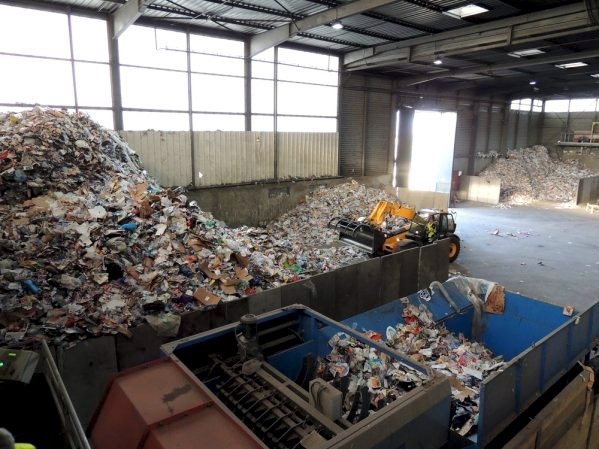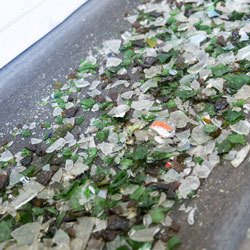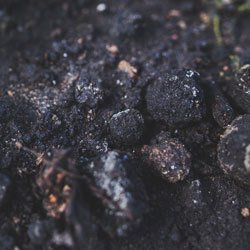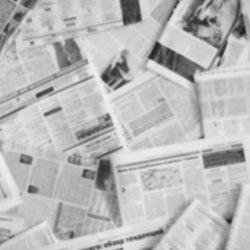Call 0800 917 7578 Now for a Free Quotation
Fleet Skips is a trusted waste management company that delivers affordable recycling services in Kent and the surrounding areas. Here at Fleet Skips, we appreciate your concerns regarding the environment, and we support recycling to conserve our land for the generations ahead. The advantages of recycling waste are a reduction in landfill waste, conservation of resources, and conserving energy. You can rest assured that your carbon footprint is reduced when using Fleet Skips. By picking us as your waste removal professionals, you ensure that your waste is disposed of correctly.
Reduced Recycling Costs in Dartford
Recycling waste products supports the reduction of the quantity of waste moving to landfills. With ever-increasing landfill taxes, recycling is a cost-effective waste disposal method, and our significant investment in recycling programmes means that you save money.

What Happens Once You Have Removed My Waste?
Here is an overview of how we process your waste:
- Transported and Sectioned
Waste is transported to our fully licenced waste transfer station. It is then weighed and tipped into several tipping sections, depending on the nature and weight of the waste.
- Initial Waste Processing
Once tipped, the waste is divided mechanically by excavators that are adapted with waste handling grapple accessories. More significant waste items – such as tree trunks, timber, metal, furniture, and foliage – get separated within moments of being shifted into the ground-level tipping areas.
- Into the Plant
The waste in the tipping sections is packed by an excavator into the mechanical processing and waste sorting plant.
- Air, Hand, and Magnetic Separating
The waste material then moves on conveyor belts within this waste sorting plant, which includes some of the most advanced systems of waste segregation, incorporating shredding, trommel drums, grid or mesh screening, magnetisation, and air separation together with manual hand classifying through conveyer-fed picking.
- Now for the Recycling
The materials are promptly prepared into ‘single waste streams’, for example, timber, block and concrete, metals, paper and card, plasterboard etc. They are then carried in volume for further recycling and processing. Concrete, tiles, ceramics, and brick rubble that have been grouped are crushed and graded to form recycled aggregates. Soils are sifted to generate a good subsoil or topsoil, and green waste is shredded to create compost.
Individual Waste Streams
Once processed into single waste items within our processing plant, the waste passes through one of the following processes:

Glass
The glass is washed and ground into cullet, which can be used for making recycled aggregates like EcoSand, which is used as paving sand below block paving and concrete slabs. EcoSand contributes to the efficient and sustainable use of waste materials and can continuously be recycled.

Wood
Wood is delivered to a recycling plant and classified into high-quality clean wood (Grade A) or a lower-class dirty mixed wood (Grade C). Grade A wood can be reformed for chipboard manufacture, while Grade C wood is reused to create low-value chipboard.

Soils
Clean soils like clay and chalk are utilised in the remediation of extensive areas of land. One of the most traditional uses is in the development or reconstruction of golf courses.

Bricks and Concrete
Bricks and concrete are broken down by crushing then converted into the new aggregate material. These commodities can then be used by construction firms or other industries that have a constant demand for quality building materials.

Metals
Scrap metals are shredded before rubber, wood, and plastics are then extracted. The metal is then melted in a blast furnace that fires at very high temperatures and burns off the contaminants or anything lingering from the sorting stages. Liquid metal is drained into moulds for reuse.

Paper and Card
Waste paper and cardboard have water added to them to produce a pulp which is sifted to extract any impurities and cleansed to exclude ink and glues. The fresh pulp is turned into a new commodity. Low-grade combined paper and cardboard is recycled into cardboard packaging, and newspapers and magazines are recycled into newsprint.
